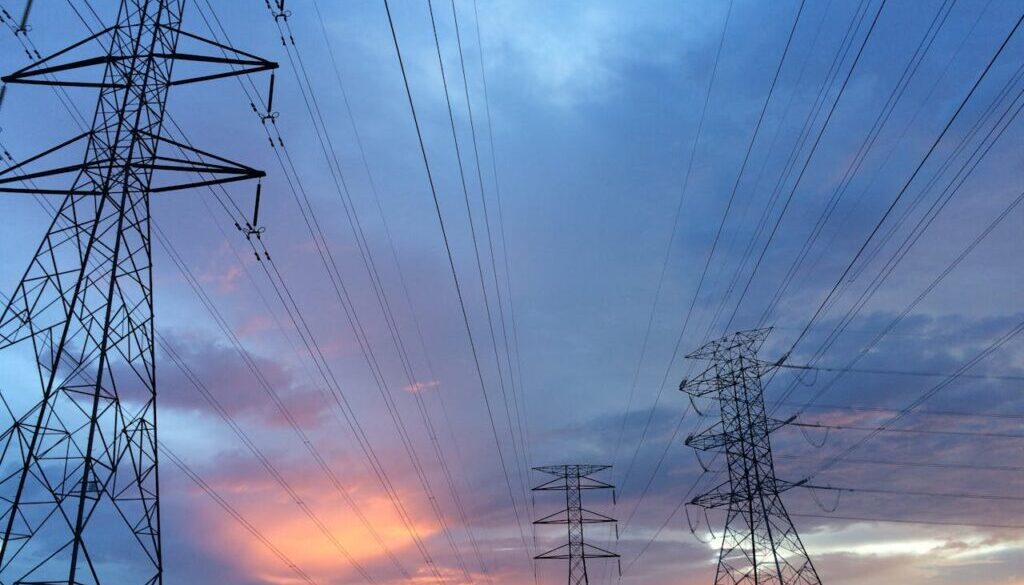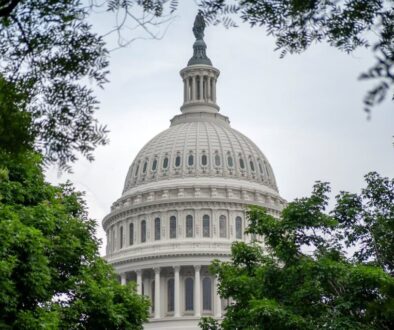Pakistan recently made headlines by announcing an ambitious plan to allocate 2,000 megawatts (MW) of electricity specifically for Bitcoin mining and artificial intelligence (AI) data centers. This bold move aims to position Pakistan as a hub for blockchain innovation, crypto mining, and AI development. However, it has also triggered concern from the International Monetary Fund (IMF), highlighting the complex economic and infrastructural challenges that come with such a strategy.
Pakistan’s Bitcoin Mining Power Plan: The Big Picture
The announcement came from Bilal bin Saqib, CEO of the Pakistan Crypto Council and Minister of Crypto and Blockchain. The plan intends to establish a national Bitcoin reserve while attracting global blockchain and AI firms to set up operations in Pakistan. By doing so, the government hopes to monetize surplus electricity and generate new streams of foreign investment.
As part of this vision, Pakistan has also launched the Pakistan Digital Asset Authority (PDAA). This regulatory body will oversee crypto exchanges, wallets, stablecoins, and decentralized finance (DeFi) platforms, aligning regulations with global standards like those set by the Financial Action Task Force (FATF).
Why the IMF Is Concerned
Despite the promising vision, the IMF has voiced serious concerns. Pakistan is already facing chronic energy shortages and fiscal challenges, making the allocation of 2,000 MW for Bitcoin mining a controversial decision. The IMF’s concerns include:
- Energy Allocation: Pakistan’s electricity supply is limited, and large-scale crypto mining is energy-intensive. There is worry that diverting such a large chunk of power to mining could worsen energy shortages for ordinary consumers and industries.
- Economic Viability: The IMF questions the legal status of cryptocurrencies in Pakistan. Without clear laws, the risks of financial instability and money laundering may rise.
- Impact on Electricity Tariffs: There are fears that the increased electricity demand could push up tariffs, hurting consumers and businesses.
- Lack of Consultation: The IMF was reportedly not consulted before the announcement, raising concerns about the planning process.
The Fund has formally requested the Pakistan Finance Ministry for urgent clarification on the power plan’s legality and financial implications.
Pakistan’s Strategic Shift to Digital Assets
This plan is part of a larger shift by Pakistan to embrace digital assets. Earlier this year, the government announced the launch of its first strategic Bitcoin reserve, signaling a willingness to integrate cryptocurrencies into its economic framework.
The creation of the PDAA demonstrates Pakistan’s efforts to regulate and legitimize the digital asset ecosystem responsibly. By aligning with international standards, Pakistan hopes to boost investor confidence and reduce the risks associated with crypto markets.
Pros and Cons of Pakistan’s Bitcoin Mining Initiative
Pros
- Attracts Foreign Investment: Crypto and AI firms moving to Pakistan could bring capital and jobs.
- Monetizes Surplus Energy: Idle electricity capacity can generate revenue instead of going to waste.
- Digital Economy Growth: Encourages innovation and technology adoption.
Cons
- Energy Strain: May worsen existing power shortages and blackouts.
- Regulatory Uncertainty: Lack of clear laws around crypto risks instability.
- Economic Risks: Potential impact on inflation and currency stability.
- IMF Pushback: Could affect Pakistan’s access to international financial support.
What’s Next for Pakistan?
The government now faces the challenge of balancing economic innovation with energy security and regulatory clarity. The IMF’s involvement signals that any large-scale crypto initiative must be carefully aligned with Pakistan’s broader fiscal and infrastructural realities.
Upcoming discussions between Pakistani officials and the IMF will be critical in shaping the future of this Bitcoin mining power allocation plan. A clear regulatory framework and transparent energy management strategy will be essential to make this vision sustainable.
Final Thoughts
Pakistan’s Bitcoin mining power plan is a bold step toward a digital future, but it carries significant risks amid the country’s economic and energy challenges. The IMF’s concerns highlight the importance of cautious planning, legal clarity, and international cooperation.
If Pakistan can successfully navigate these complexities, it could become a pioneering hub for crypto innovation in South Asia. Otherwise, it risks exacerbating energy problems and economic instability.




































